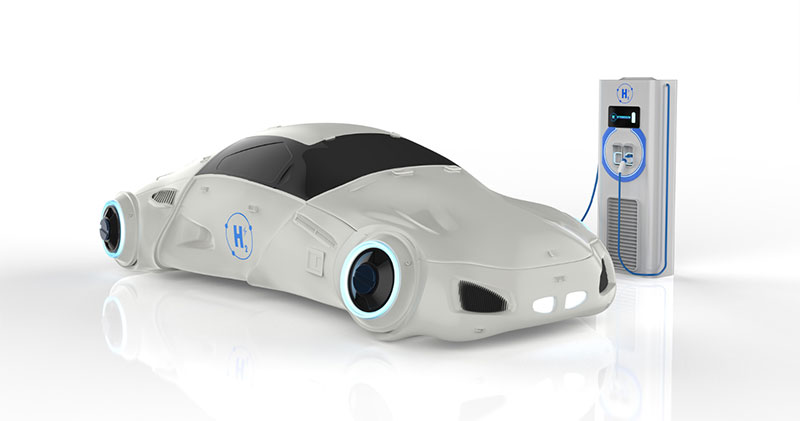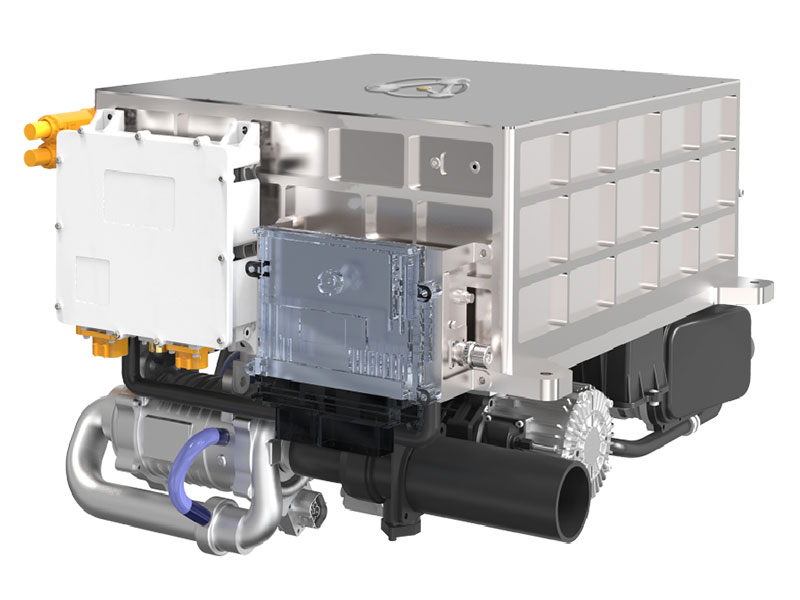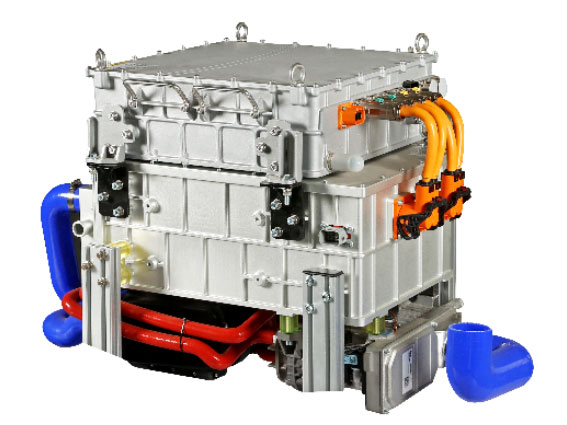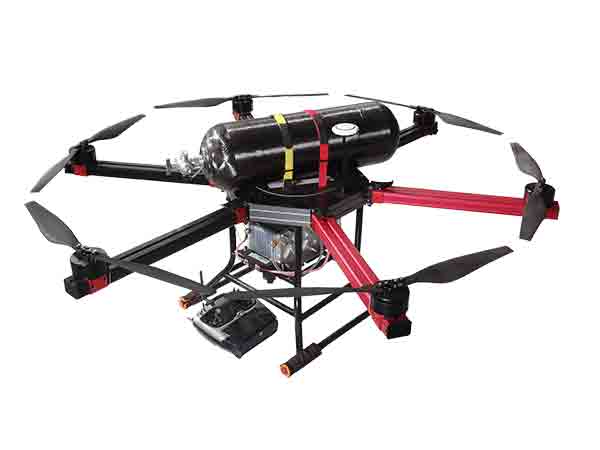Hydrogen Fuel Cell Engines & Vehicles
Independently developed and produced all hydrogen energy powered cars.
Hydrogen Fuel Cell Engines
Hydrogen Fuel Cell Cars: FAQ Guide
2 types of hydrogen fuel cell cars
Hydrogen powered cars are powered by hydrogen fuel cell engines (hydrogen power engine), which have the potential to revolutionize the transportation industry. There are two main types of hydrogen fuel cell engines for cars: proton exchange membrane (PEM) fuel cell engines and solid oxide fuel cell (SOFC) engines.
PEM fuel cell engines are the most commonly used type of hydrogen fuel cell engine for cars. These engines use a proton exchange membrane to separate hydrogen and oxygen, generating electricity in the process. PEM fuel cell engines are known for their high efficiency and quick response time, making them a popular choice for use in hydrogen powered cars.
SOFC engines, on the other hand, use a solid oxide material as the electrolyte, which allows them to operate at higher temperatures. This makes SOFC engines more durable and long-lasting, but also more complex and expensive to manufacture. Despite these challenges, SOFC engines are seen as a promising technology for the future, and they are likely to play a larger role in the hydrogen energy industry as the technology advances.
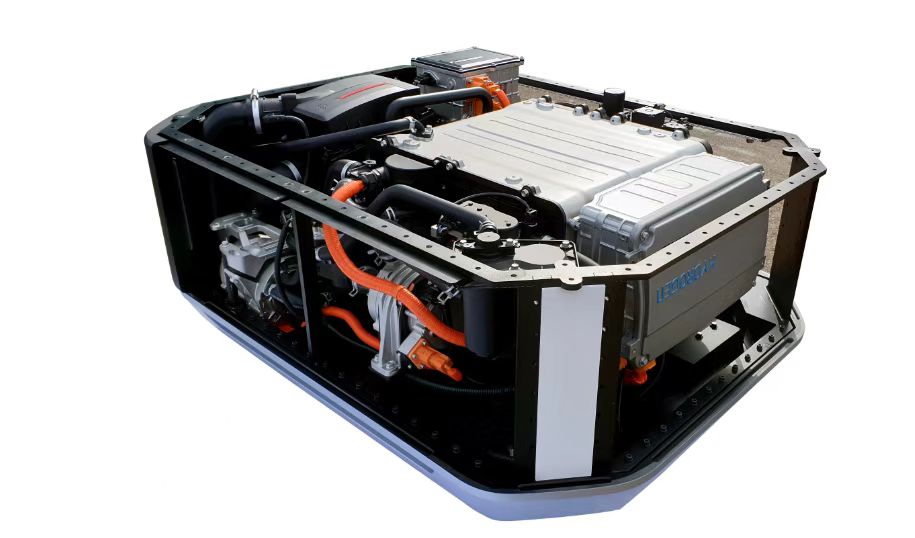
Advantages of hydrogen fuel cell cars
In terms of performance, hydrogen fuel cell engines(hydrogen power engine) for cars offer several advantages over traditional internal combustion engines. They are more efficient, producing more usable power from the same amount of fuel. They also produce no harmful emissions, making them a clean and green transportation option. Additionally, hydrogen fuel cell engines have a quick response time and high power density, making them ideal for use in vehicles.
What will be the future of hydrogen fuel cell cars?
The global distribution of hydrogen powered cars and hydrogen fuel cell engines is still limited, but it is growing rapidly. In recent years, a number of car manufacturers have begun to invest in the development of hydrogen powered cars, including Toyota, Honda, and Hyundai. In addition, many governments around the world have begun to provide incentives and support for the development of the hydrogen energy industry, including funding for research and development, tax credits for buyers of hydrogen powered vehicles, and the construction of hydrogen fueling stations.
In conclusion
Hydrogen fuel cell engines for cars are a promising technology that offer several advantages over traditional internal combustion engines. With the development of hydrogen generators for cars and the growth of the hydrogen energy industry, it is likely that we will see a growing number of hydrogen powered vehicles on the road in the coming years. As we move towards a cleaner, greener future, the use of hydrogen powered cars and hydrogen fuel cell engines will play an increasingly important role.
